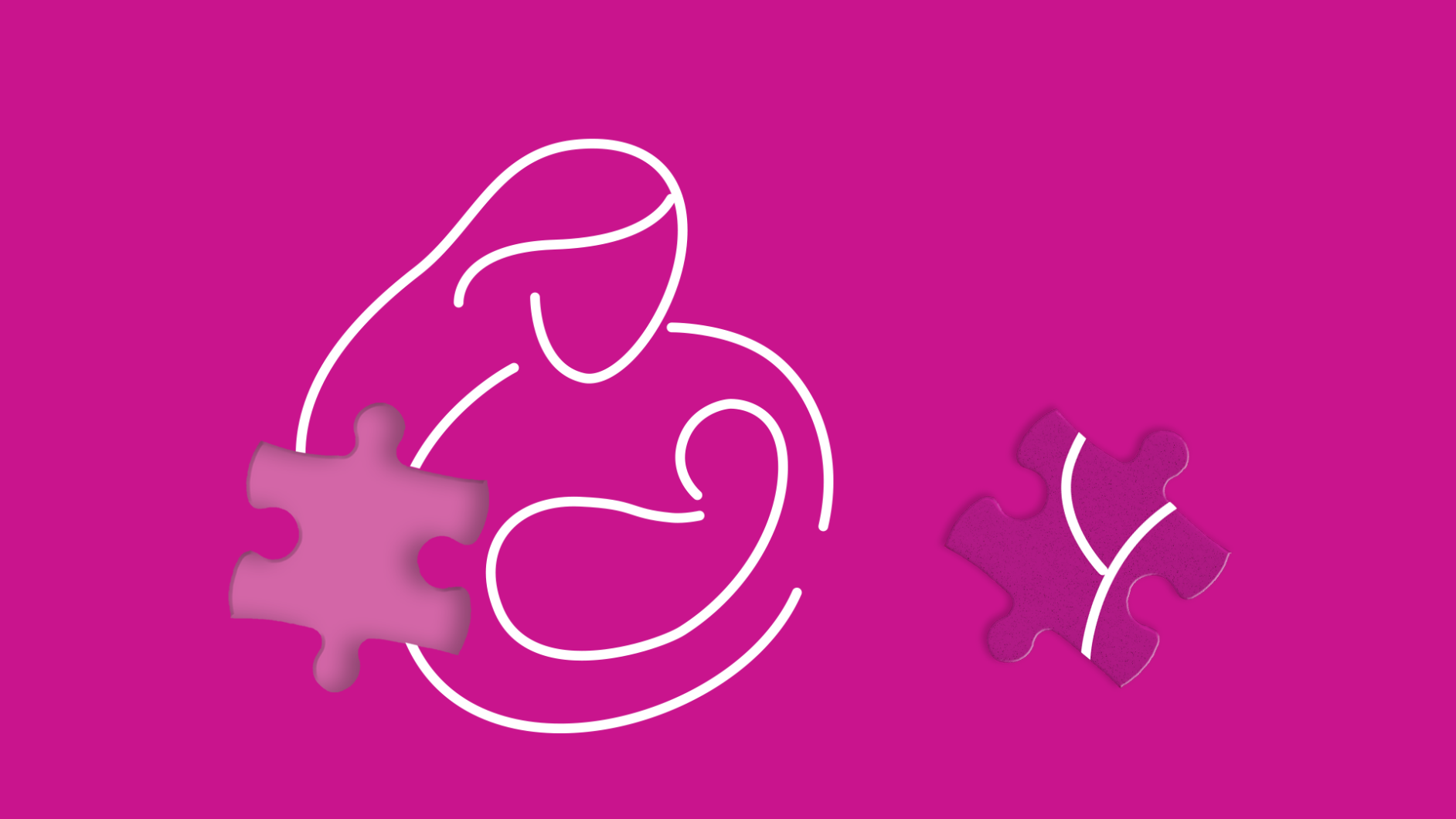This is part of a series on breastfeeding in support of National Breastfeeding Month (August). Find the full coverage here.
If you’re having a negative experience breastfeeding your newborn, such as low milk production or latching issues, you’re far from alone. The unfortunate reality is that many women have reported breastfeeding challenges. This can be mentally taxing for a new mom. Since so many factors are out of a mother’s control, it’s best to focus on the ones that are within reach, and a strong support system is at the top of the list.
“Support Changes Everything” is this year’s theme for National Breastfeeding Month. The best recipe for breastfeeding success is a mother who feels well emotionally, before and during pregnancy, plus an established support network that can back her up if she needs help, according to Carly Snyder, MD, a psychiatrist specializing in reproduction and women’s health in New York City.
Most of us understand the benefits of breastfeeding, from improvement to the emotional bond between mother and child, increased immunity for the baby, and reduced rates of diarrhea, constipation, and gastroenteritis. The list goes on, and is exhaustive, but most of these benefits are for the baby.
The first few weeks after birth are spent focusing on the health of the baby—tracking weight gain and important milestones; but a mother’s mental health during this period should be a focus for medical practitioners, too. There are a number of postpartum mental health issues that mothers can face, but the first few weeks following birth are a critical time for a mother’s mental health in connection to her lactation experience (if she chooses to breastfeed) specifically.
RELATED: Antidepressants and pregnancy
Postpartum depression and breastfeeding
Does breastfeeding affect your emotions? It’s not a simple answer. While studies suggest that there is a positive link between a mother’s mental health and breastfeeding, many experts and other studies say that the correlation is more complex.
In a 2011 study, a group of researchers examined the correlation between breastfeeding experiences and depression. The study concluded that a woman’s negative experience with breastfeeding appeared to significantly impact her mental health. Women who disliked breastfeeding in the first week after birth or experienced pain while breastfeeding were at higher risk of postpartum depression than those who experienced an easier time breastfeeding.
“Nursing can be very difficult for some women, and this may translate to feelings of frustration and a sense of failure,” Dr. Snyder says. She adds that there is plenty of indirect research pointing to the correlation between breastfeeding and mental health, including a study that suggests that perinatal and postpartum depression can impact a mother’s success at breastfeeding. And this becomes a vicious cycle as well-meaning fellow mothers, lactation consultants, and healthcare providers can add and compound feelings of inadequacy for new mothers with incessant talking about the superiority of breast milk, pushing them further toward depression.
Sadness doesn’t directly affect milk supply, that’s regulated by how often the baby feeds, but it can make new moms more likely to forget to drink or eat, which can decrease milk supply. Tiredness, or lack of sleep, from parenting without support can decrease milk supply.
“A new mother may begin to value herself based on her contributions to her baby,” says Dr. Angel Montfort, a licensed psychologist with the Center for Maternal Mental Health. “Inability to produce enough milk, difficulty with latching, and lack of desire to breastfeed can be experienced as personal failures.”
The pressure society puts on mothers to breastfeed directly relates to the pressure that she puts on herself, suggests Taryn A. Myers, Ph.D., department of psychology chair at Virginia Wesleyan University. “In some ways, we have swung too far in the direction of demanding breastfeeding and do not always take the health of the mother and child into account,” she says. “I think that every mother and her family have to make an informed choice about which way of feeding is best for them.”
RELATED: What depression medication can you take while breastfeeding?
Support for maternal mental health changes everything
And it all comes back around to support: “If mom feels ashamed and unsupported, she is unlikely to share her feelings with others,” Myers says. “If she feels supported…she is more likely to talk about her struggles and to obtain necessary help. This will likely mean she will have a better breastfeeding outcome and also an improved mental health outcome.”
Women who have support during their lactation journey, and a positive breastfeeding experience, may also have improved mental health, says a UK study, which reported that women felt increased confidence in their choice to breastfeed.
The answer to whether there is a correlation between breastfeeding and maternal mental health is complicated, but the need for maternal support in the postpartum period, reduced pressure on new mothers, and the chance to change their expectations seem like important next steps.
“I let moms know that breastfeeding is not an all or nothing proposition,” says Leigh Ann O’Connor, an International Board Certified Lactation Consultant. “When there is a low milk supply, I show moms how to supplement feedings at the breast; for some moms this is empowering.”
If you are struggling with breastfeeding or your mental health, the best thing to do is to speak openly with your healthcare provider. Your wellness is crucial for you and your baby.











